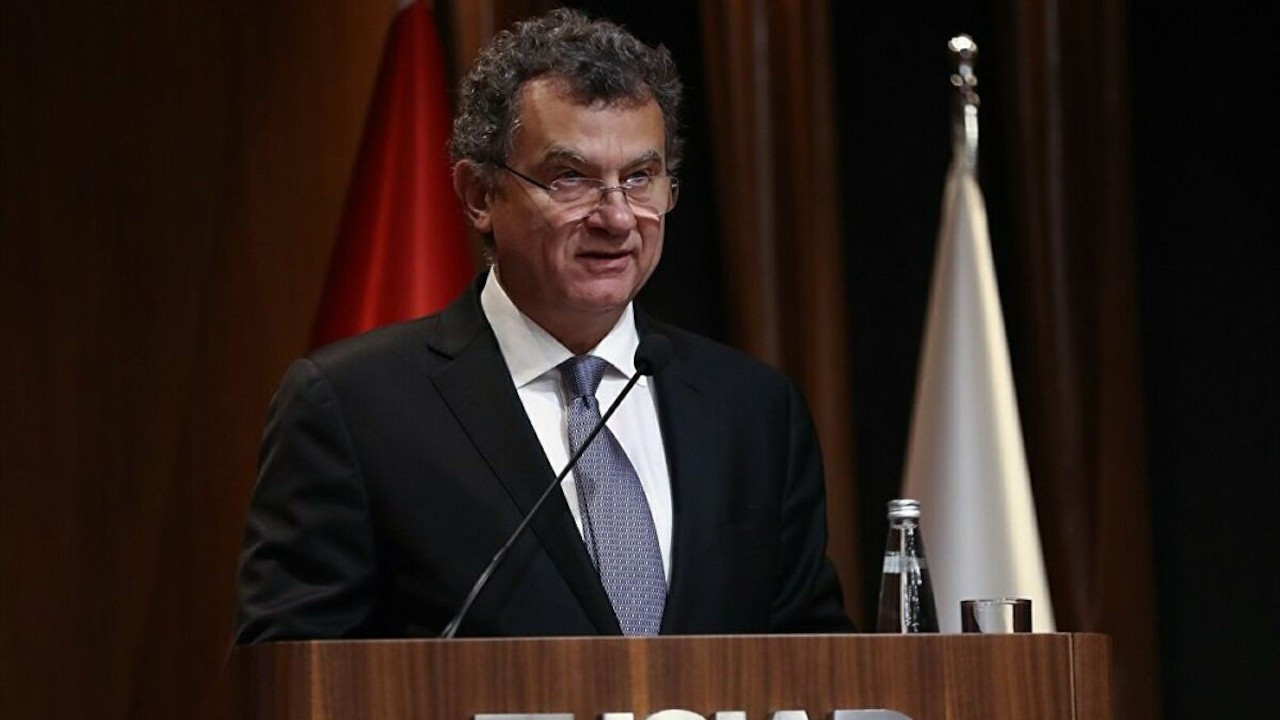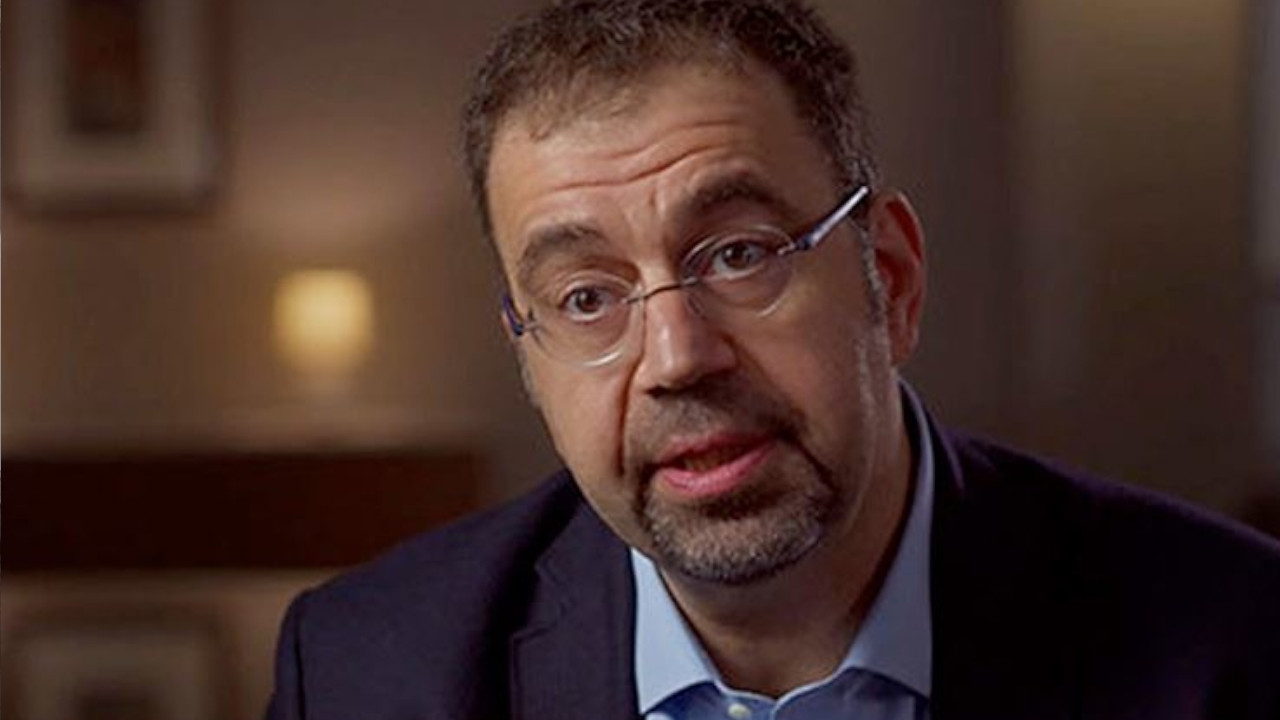Dictatorships never go away on their own unless there is economic crisis: Economist Acemoğlu
At a meeting of the Turkish Industry and Business Association (TÜSİAD), leading economist and MIT professor Dr. Daron Acemoğlu has said that dictatorships never go away on their own, implying that economic crisis could lead to a return of democracy in Turkey.
Duvar English
Internationally renowned economist and professor at Massachusetts Institute of Technology (MIT) Dr. Daron Acemoğlu spoke at the meeting of the Turkish Industry and Business Association (TÜSİAD) high council meeting on Oct. 19, analyzing the state of the Turkish economy, particularly as it relates to politics.
He highlighted the inverse link between dictatorships and economic prosperity - dictatorships, he said, are not economically viable, but the economic crises they produce can lead to a return of democracy.
Dr. Acemoğlu is a world-renowned economist and co-author of the book "Why Nations Fail." In his speech, Acemoğlu noted that he has studied global markets since the 1950s and can demonstrate a noticeable positive effect of democracy on markets.
"Dictatorships never go away on their own. In economic crises… Economic crises often lead to democracy. Despite economic crisis, despite these difficulties, democracies contribute [to recovery],” he said.
Acemoğlu also highlighted the importance of “quality” growth - sustainable growth that increases productivity and leads to an increase in quality of life - not only for Turkey but for countries around the world. The lower “quality” growth, and the less institutionalization that takes place, the more inequality increases, he said.
The nature of inequality in Turkey, however, is distinct, he said. Because of corruption and rent-seeking, in other words, a decline in democratic principles, inequality increases.
“We are going through a period in which inequality accelerates due to the rent-seeking that goes unaddressed by the system,” Acemoğlu said. “At its root, the deterioration of the institution plays a role.”
He noted that Turkey has experienced a steady economic decline in the last 15 years, and especially in the last five years since the July 2016 coup attempt and the subsequent deterioration of rule of law in Turkey.
“If you look at any institutional index, there have been severe regression in Turkey in the last 15 years,” he said. “Particularly in the last five or six years, Turkey has experienced the most institutional deterioration [in the world], after Mali. These [deteriorated institutions] include the freedom of the media and freedom of expression in particular.”
The destruction of democratic institutions such as a free press, he said, is directly linked to Turkey’s economic decline.

 Turkey’s top business group calls for secularism, independent Central BankEconomy
Turkey’s top business group calls for secularism, independent Central BankEconomy Acemoğlu urges Turkish gov't to keep hands off Central BankEconomy
Acemoğlu urges Turkish gov't to keep hands off Central BankEconomy Acemoğlu writes message of support for jailed HDP Şişli co-chairHuman Rights
Acemoğlu writes message of support for jailed HDP Şişli co-chairHuman Rights Turkish lira continues to sink, hits an all-time low against dollarEconomy
Turkish lira continues to sink, hits an all-time low against dollarEconomy